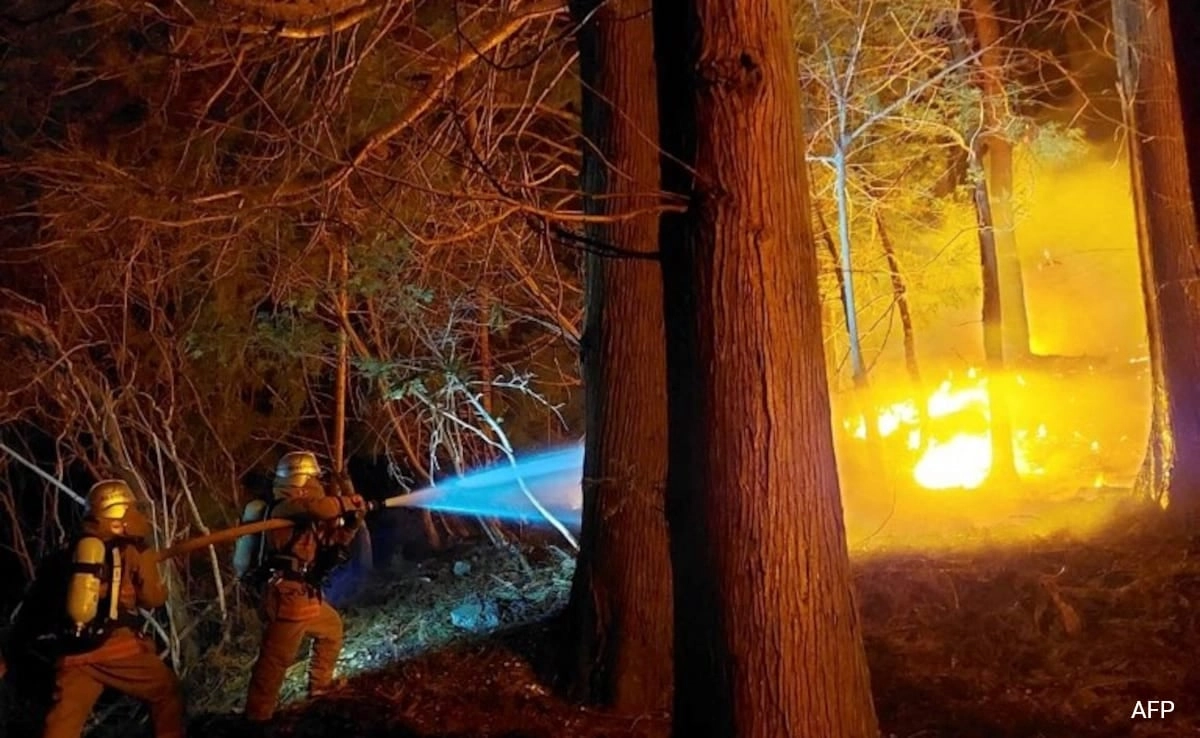The recent meeting between Indian Prime Minister Narendra Modi and Russian President Vladimir Putin has captured significant attention in the United States media, particularly in light of the geopolitical implications and the broader context of international relations. Many American outlets have framed the encounter as a stark rebuke to former President Donald Trump, who has often expressed a pro-Russia stance during his time in office. The discussions between Modi and Putin have underscored India’s nuanced position in a rapidly shifting global landscape, where it seeks to maintain strategic autonomy while balancing its relationships with major powers, including the United States and Russia.
In their coverage, U.S. media highlighted Modi’s emphasis on strengthening bilateral ties with Russia, especially in defense and energy sectors. This comes at a time when the West, led by the U.S., has imposed sanctions on Russia due to its actions in Ukraine. The meeting is seen as a clear signal that India is not fully aligning with Western narratives and policies, indicating a desire to keep its options open amidst the ongoing tensions. Analysts noted that Modi’s approach reflects India’s long-standing relationship with Russia, which has been a crucial partner in defense procurement, technology transfer, and energy supplies.
Furthermore, the media’s portrayal of this meeting also serves as a critique of Trump’s foreign policy, which often favored a more conciliatory approach towards Russia, at times alienating traditional allies. By juxtaposing Modi’s meeting with Putin against Trump’s previous engagements, journalists are suggesting that the current geopolitical dynamics require a different strategy—one that recognizes the complexities of bilateral relationships rather than relying on personal diplomacy. This shift points to a broader re-evaluation of how nations engage with global powers, particularly as the world grapples with the consequences of an increasingly multipolar order.
Overall, the coverage reflects a deeper concern about the implications of such high-level meetings on global stability and the future of international alliances. The Modi-Putin dialogue has not only reaffirmed longstanding ties but has also illuminated the challenges faced by countries navigating the delicate balance between cooperation and competition in an era defined by rapid change and uncertainty. As such, the U.S. media’s focus on this meeting serves to highlight the shifting paradigms in global politics and the need for a reevaluation of traditional alliances and strategies in light of emerging realities.




